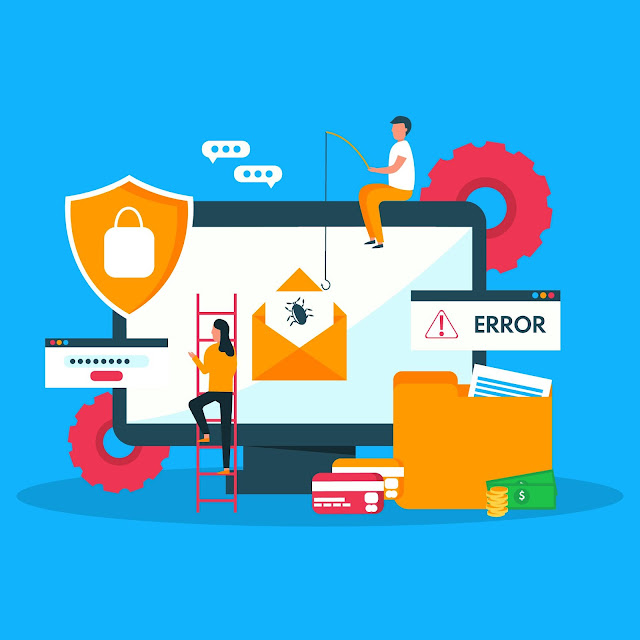Antivirus Software and Phishing Protection: How It Works
Introduction
In today's digital age, where our lives are increasingly intertwined with the online world, cybersecurity has become paramount. security software protection play a crucial role in safeguarding our digital lives. This 2500-word blog delves into the intricacies of antivirus software and phishing protection, shedding light on how they work and why they are essential in the battle against cyber threats.
Antivirus Software: Your Digital Shield
What Is Antivirus Software?
Antivirus software, often simply called antivirus, is a program designed to detect, prevent, and remove malicious software (malware) from your computer or device.
How Does Antivirus Software Work?
Security software operates on a vast database of known malware signatures. When you run a scan, it compares the files on your device with these signatures. If it finds a match, the software quarantines or deletes the infected file, keeping your system safe.
Real-Time Protection
Many antivirus programs also offer real-time protection, which constantly monitors your system for suspicious activity. It can block malware before it can do any harm.
Regular Updates
To stay effective, antivirus software must receive regular updates to its signature database. These updates keep it informed about new threats.
Phishing Protection: Safeguarding Your Personal Information
What Is Phishing?
Phishing is a fraudulent attempt to obtain sensitive information, such as usernames, passwords, and credit card details, by disguising as a trustworthy entity in electronic communication.
How Does Phishing Protection Work?
Phishing protection involves a range of mechanisms designed to identify and prevent phishing attacks. These may include email filtering, website verification, and anti-phishing extensions for web browsers.
Email Filtering
Email filtering tools analyze incoming emails for suspicious links or attachments. They can automatically move potentially dangerous messages to your spam folder.
Website Verification
Phishing protection tools often verify the legitimacy of websites you visit. If a site is flagged as potentially fraudulent, you'll receive a warning.
Anti-Phishing Browser Extensions
These extensions add an extra layer of security when browsing the web. They can spot fake websites and warn you before you enter sensitive information.
The Synergy Between Antivirus and Phishing Protection
A Comprehensive Approach
To ensure robust cybersecurity, it's recommended to use Protegent. Antivirus guards against malware, while phishing protection focuses on preventing the theft of sensitive data.
Real-Time Collaboration
Some security suites integrate both antivirus and phishing protection, offering real-time collaboration between the two components. This enhances your overall security.
Conclusion
In a world where cyber threats are ever-evolving, antivirus software and phishing protection stand as our digital guardians. They work diligently to protect our devices and personal information from the malicious intentions of cybercriminals. As responsible digital citizens, it's our duty to employ these tools and stay vigilant in the face of online dangers.




Comments
Post a Comment